)
)
Hormones We Commonly Evaluate and Treat
| Hormone | Why It Matters |
|---|---|
| Testosterone | Low levels can affect energy, sex drive, and sperm production |
| LH (Luteinizing Hormone) | Signal to the testicles to produce testosterone |
| FSH (Follicle-Stimulating Hormone) | Stimulates sperm production |
| Estradiol | Elevated levels (especially in overweight men) can suppress testosterone |
| Prolactin | High levels can signal a pituitary issue and affect sexual health and fertility |
| TSH (Thyroid-Stimulating Hormone) | Thyroid dysfunction can affect overall metabolism and reproductive hormones |
| SHBG (Sex Hormone–Binding Globulin) | Affects how much free, active testosterone is available |
| DHT | A more potent form of testosterone that is key for mood, sexual health, and fertility. Commonly blocked by medications for hair growth like Finasteride or Propecia |
We test these hormones as part of your diagnostic workup and tailor your care based on what your body needs, not just what’s “average.”
)
Ready to Reclaim Your Energy - Without Sacrificing Fertility?
Book a consult with our Men’s Health & Fertility team today to explore safe, effective, and personalized hormone support.
FAQs
It depends how long you’ve been on it and how your body responds. Some men bounce back, others need help. That’s why early intervention matters.
Fatigue, low sex drive, difficulty building muscle, depression, brain fog, infertility, even subtle changes can be signs of a hormone imbalance.
We go beyond the standard lab reference ranges to evaluate how your hormones function together. Normal isn’t always optimal.
You may start feeling better in a few weeks, but fertility improvements often take 3-6 months. We track labs and sperm quality along the way.
Many diagnostic labs and fertility-safe medications are covered. We’ll walk you through your benefits and offer clear pricing for any out-of-pocket costs.


)